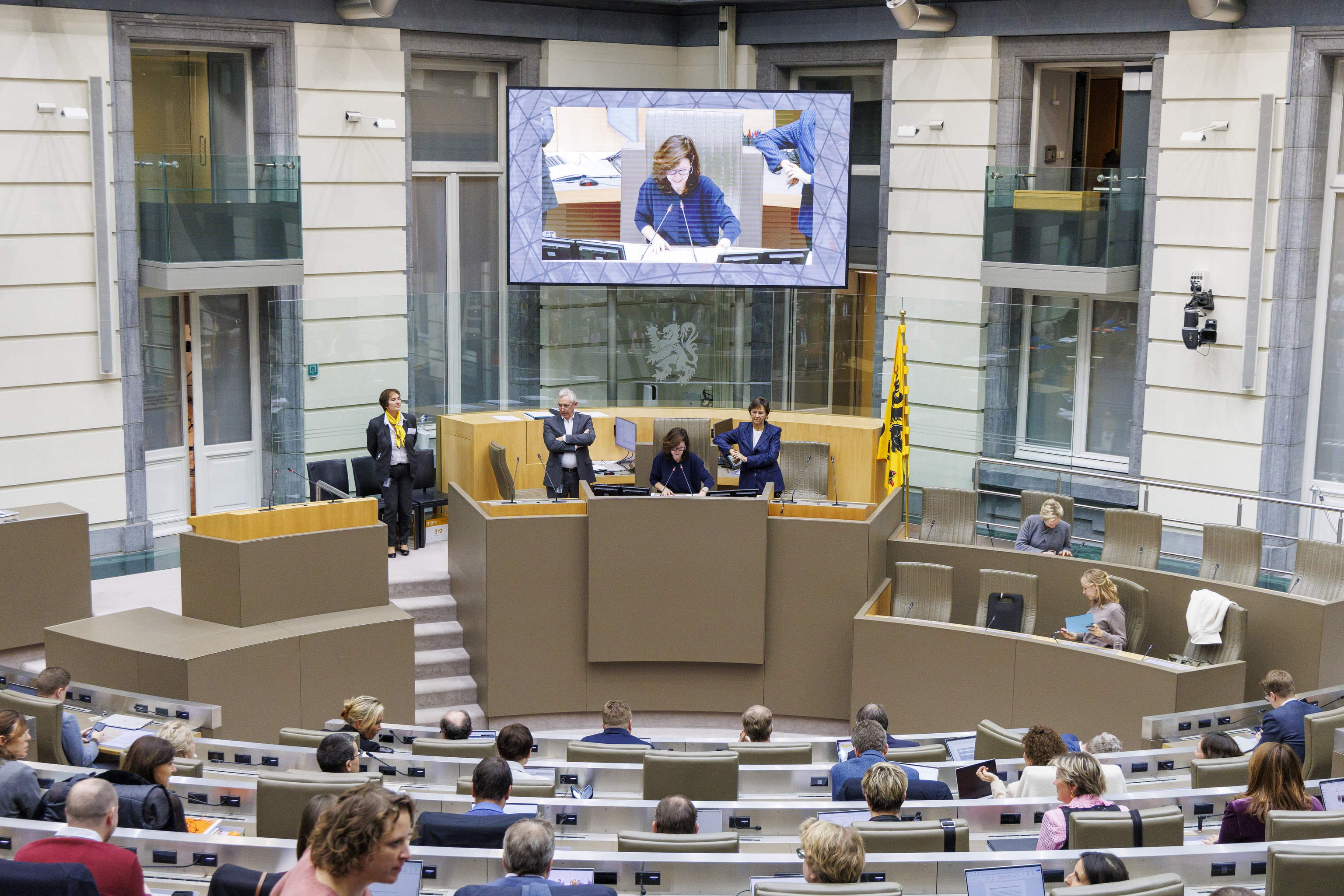Flemish majority parties end ‘silence pact’ restricting MPs’ independence

The governing parties in the Flemish Parliament have scrapped their ‘silence pact’, a long-standing agreement that restricted MPs from proposing legislation without party approval. The decision should give majority MPs more freedom. Forming alternative majorities with opposition parties, however, remains off-limits.
The Flemish majority parties - N-VA, Vooruit, and CD&V - have decided to abandon the longstanding silence pact (Dutch: zwijgakkoord), Knack reports, with confirmation from Belga. The pact was designed to maintain unity among governing parties and required MPs to consult internally before submitting proposals. MPs also had to avoid forming alternative majorities with opposition parties.
Vooruit (socialist) faction leader Kris Verduyckt welcomes the change, stating that majority MPs should be able to work “in a healthy and independent manner” while still maintaining cooperation. “MPs should have the freedom to submit proposals. The only rule is that we work together constructively.” Other parties, including N-VA, Open VLD and CD&V have welcomed the abandonment of the pact.
However, forming majorities with opposition parties such as Vlaams Belang (far right), Open VLD (liberal), Groen (greens), or PVDA (far left) remains off the table.
Controversy
The silence pact had faced growing criticism in recent years. Critics have long argued the pact stifled debate and reduced parliament’s independence. In Belgium’s party-driven system, MPs are often expected to follow strict party discipline, limiting their ability to act as independent representatives.
While scrapping the pact gives majority MPs more freedom, many question whether this will lead to real change or simply shift control to informal party mechanisms.
The broader issue of party dominance has already driven several high-profile MPs, frustrated by the lack of individual influence, out of politics. Others have turned their opposition to rigid party structures into an electoral advantage, as seen in the case of Brussels MP Fouad Ahidar, who left Vooruit and outperformed his former party with his own breakaway movement.
#FlandersNewsService | President of the Flemish Parliament Freya van den Bossche during a plenary session in Brussels © BELGA PHOTO NICOLAS MAETERLINCK